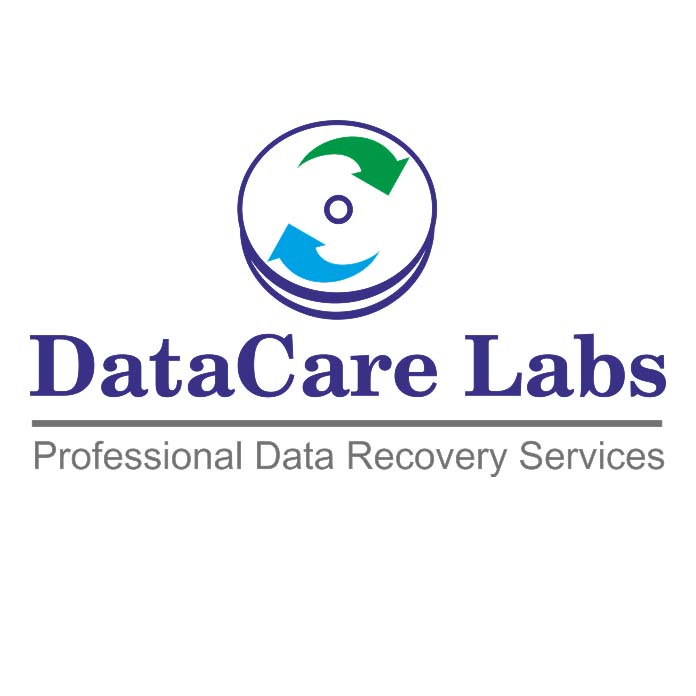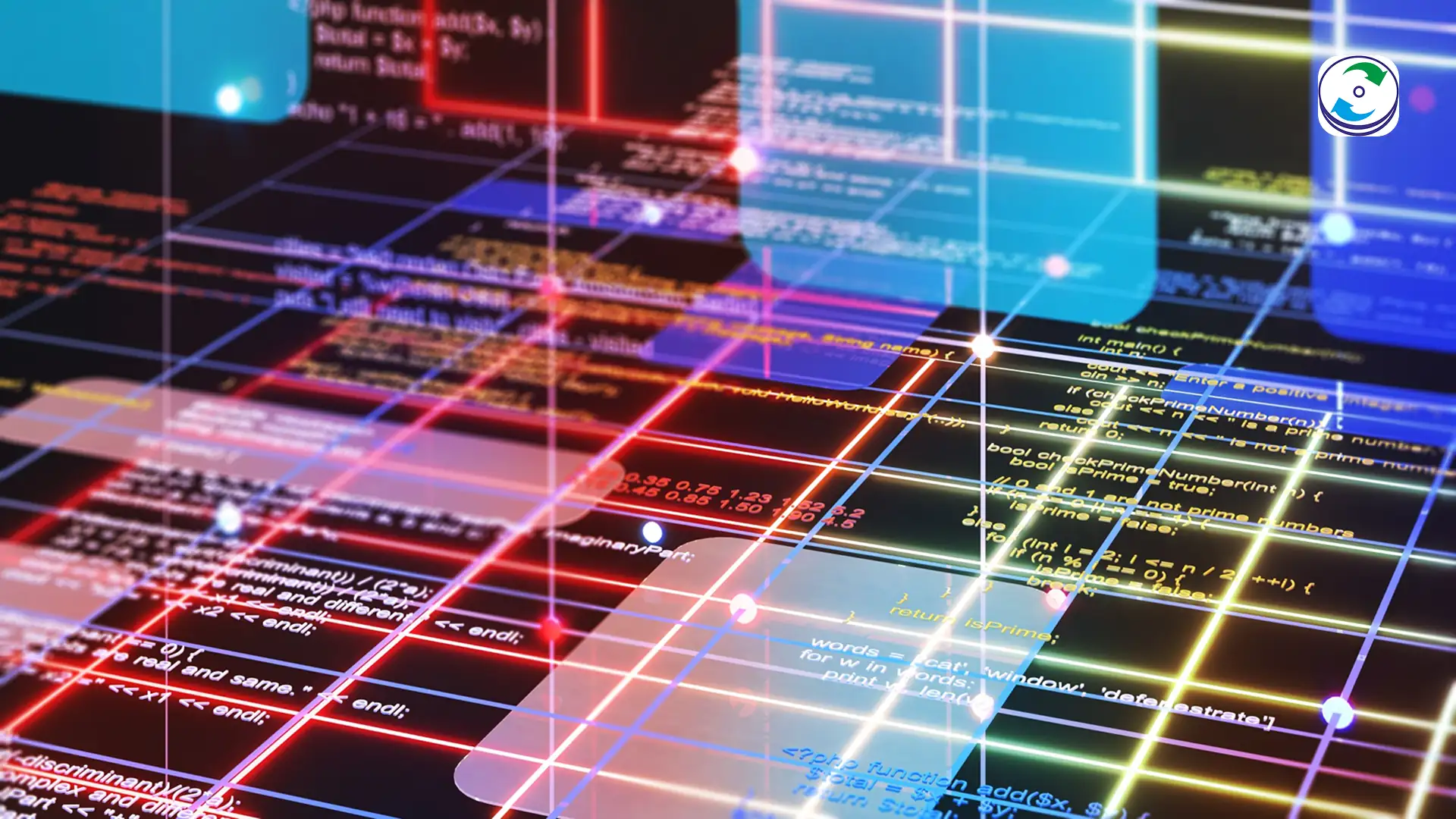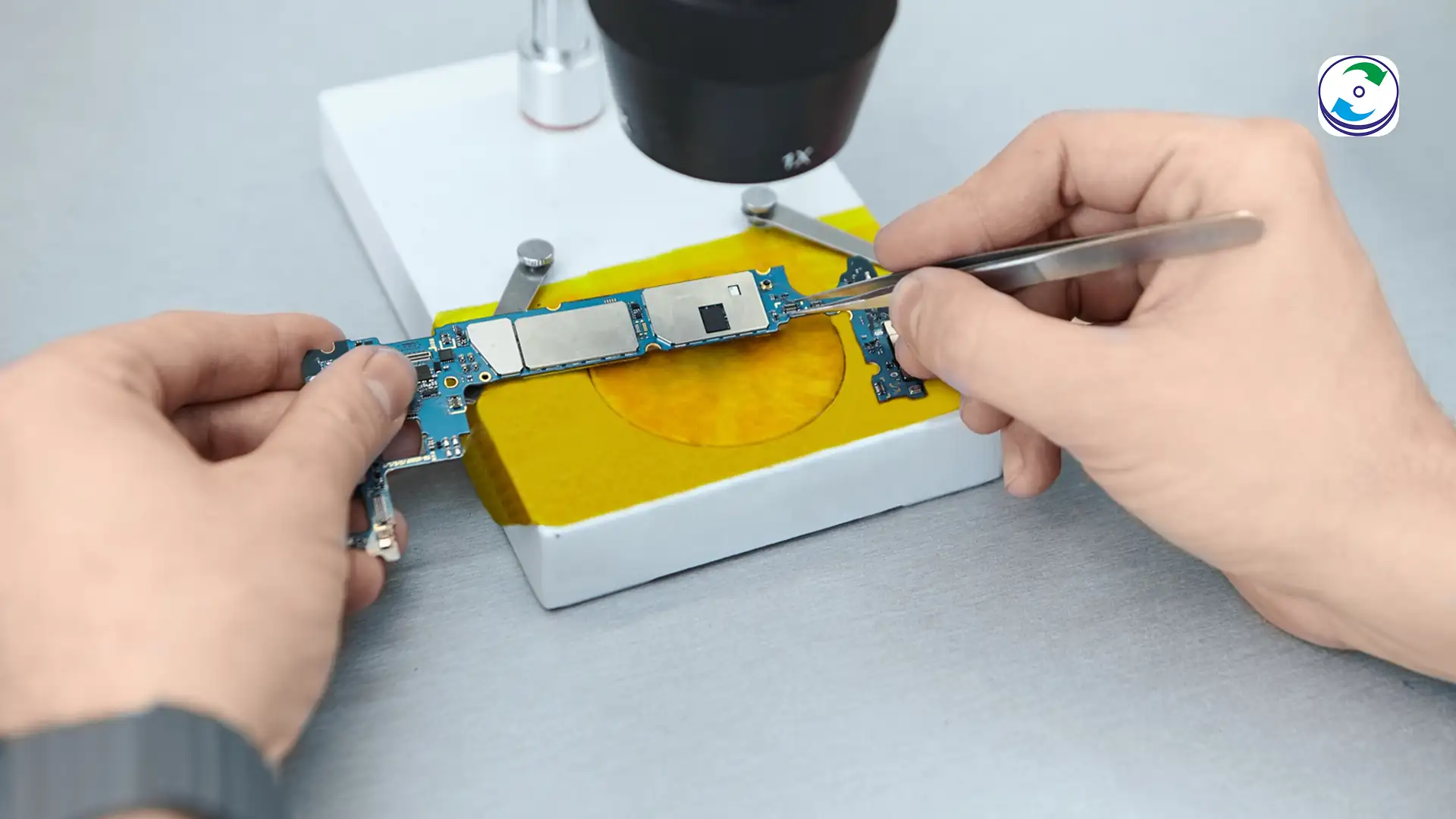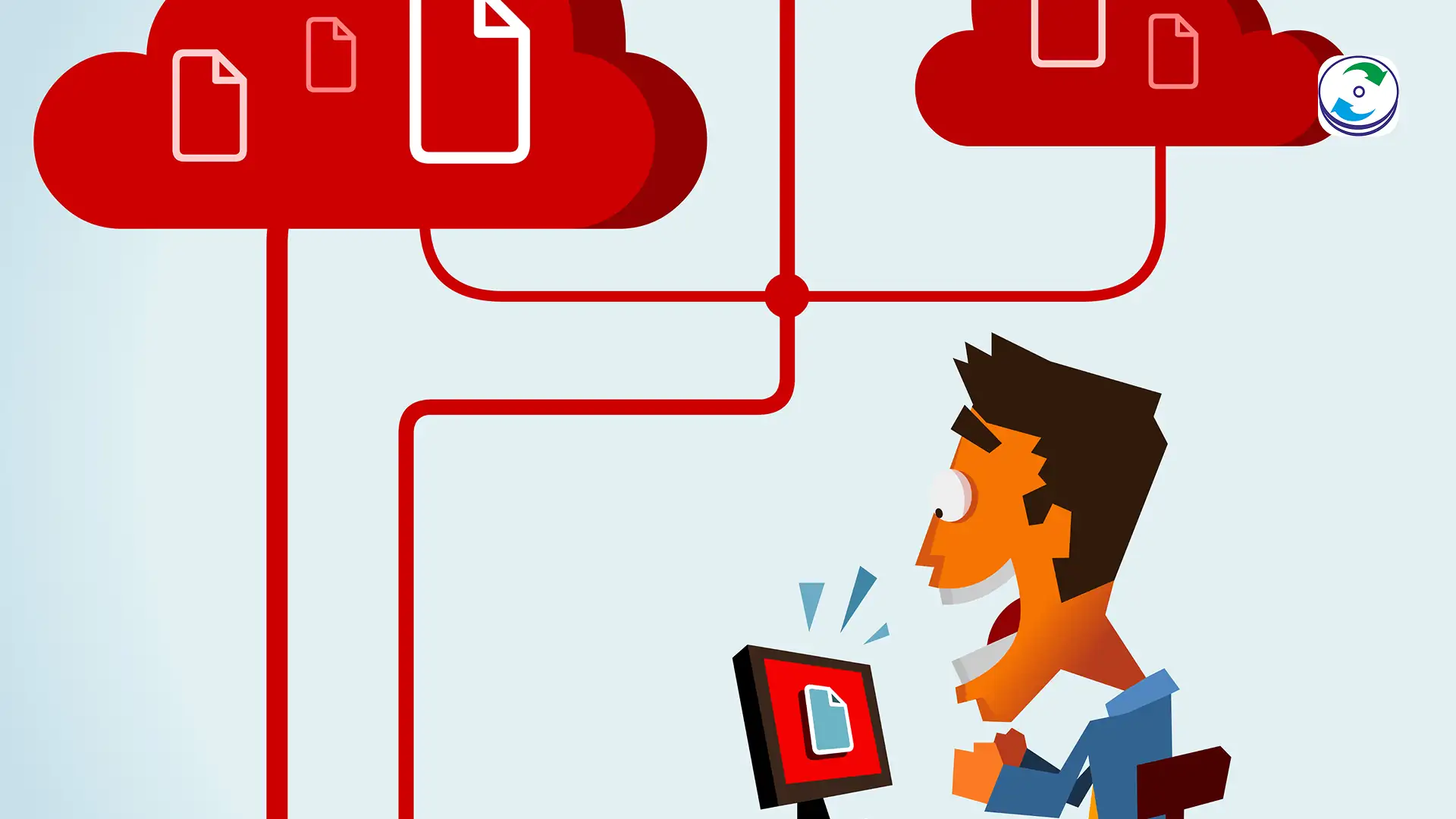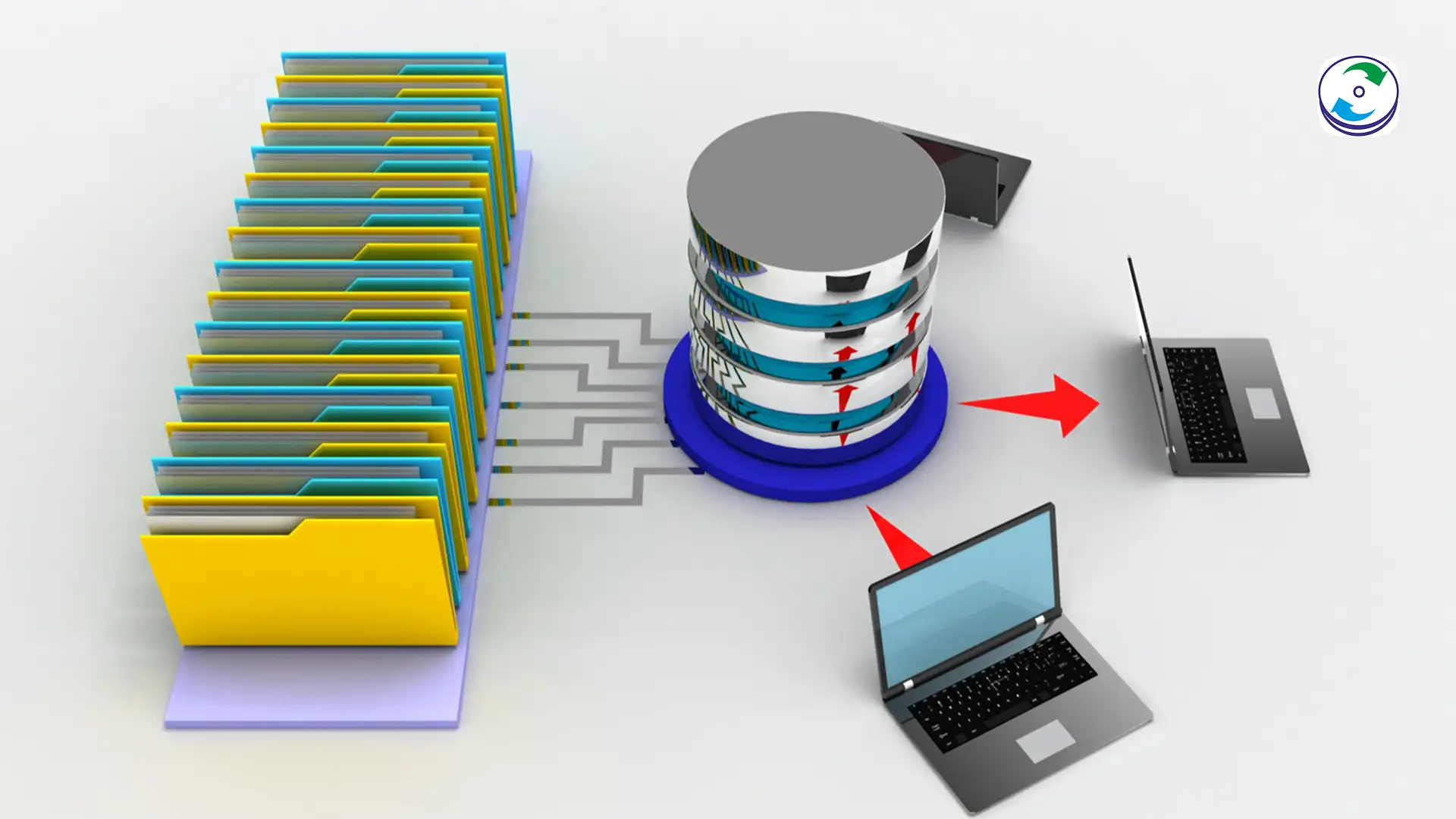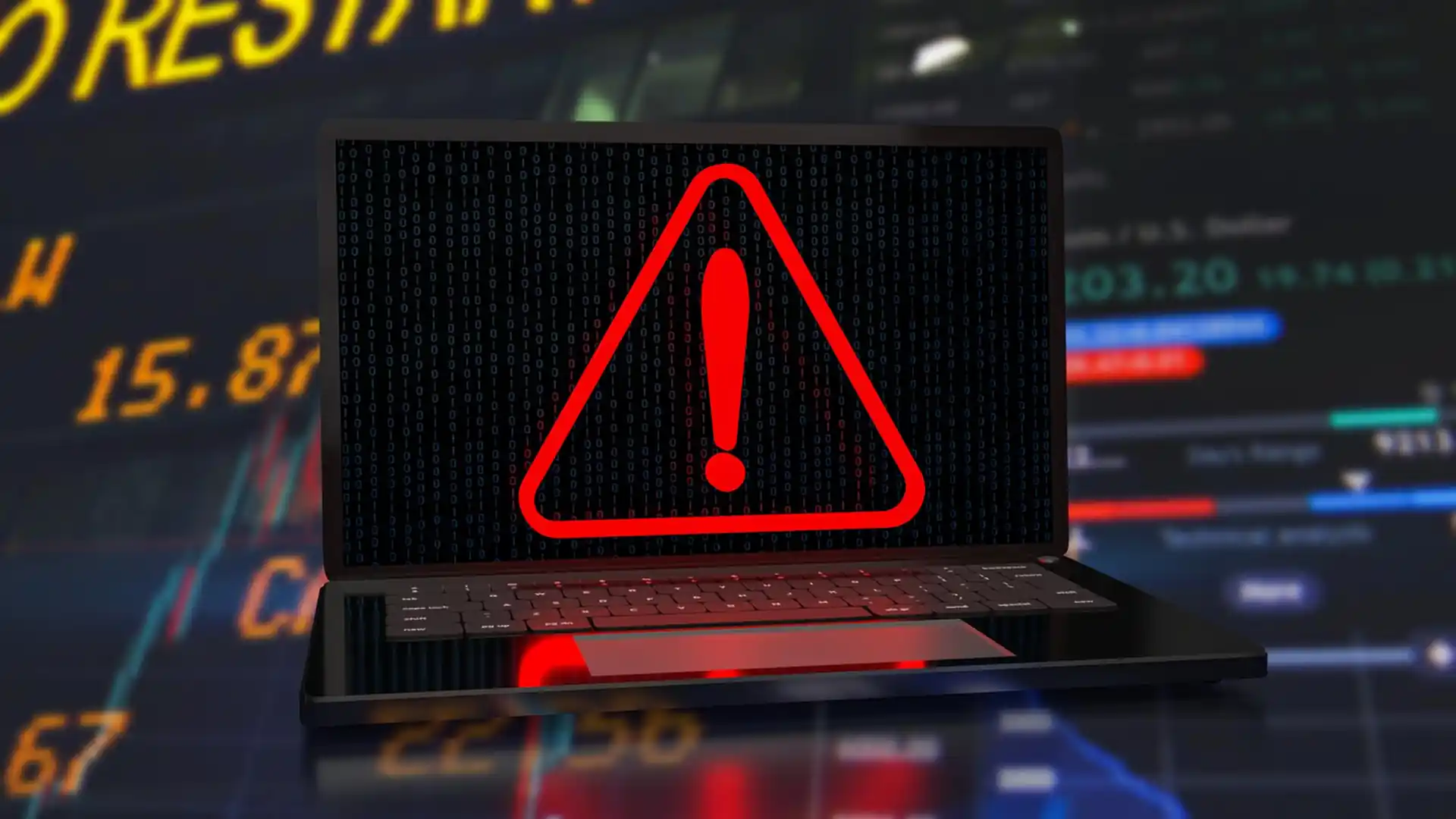The Ethical Dilemma of AI-Generated Data: Who Owns Your AI-Created Content and What Happens When It’s Lost?
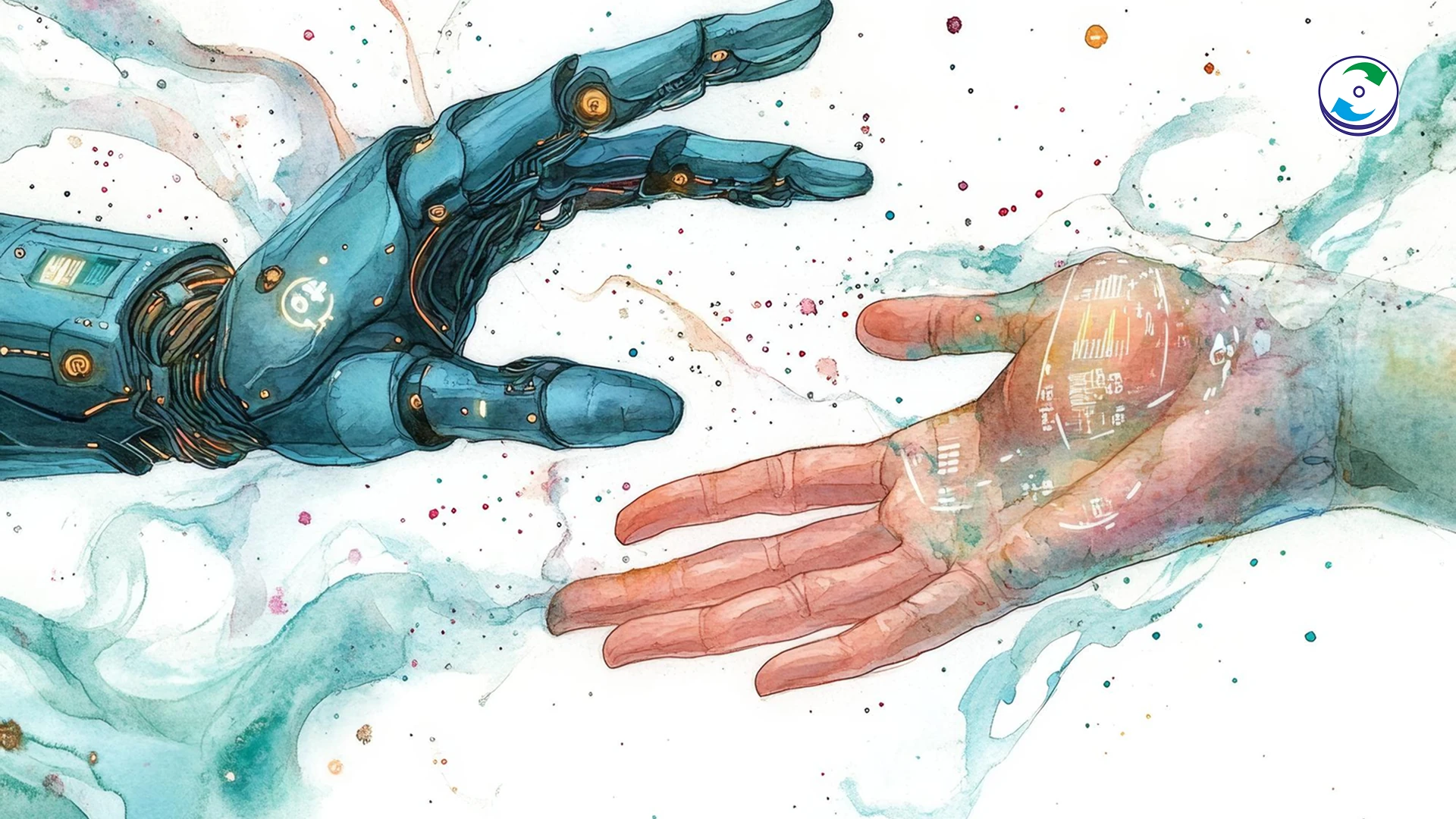
Introduction
The rapid proliferation of generative artificial intelligence has introduced a new frontier of ethical and legal challenges. When a machine produces a creative work—be it a painting, a musical composition, or an essay—the traditional concepts of authorship and intellectual property are thrown into disarray. The dilemma is twofold: first, navigating the murky waters of who, if anyone, owns the rights to AI-generated content; and second, confronting the existential issue of data transience and loss in a world where digital creations are not inherently permanent. As these technologies become more integrated into our lives, a clearer framework is needed to protect creators, define legal rights, and ensure the integrity of the digital creative sphere.
The Unsettled Question of Authorship
The traditional concept of copyright is built on the foundation of human authorship. A work is protected because it is the unique expression of a human mind. But what happens when that authorship is shared or, in some cases, completely ceded to an algorithm?
Current legal frameworks are playing catch-up. The U.S. Copyright Office has consistently maintained that works generated solely by AI, without significant human creative input, are not eligible for copyright protection. This position, which has been affirmed in several recent court rulings, places purely AI-created content into a legal gray area, effectively considering it to be in the public domain. This is because a machine cannot be an “author” in the legal sense.
However, the reality is far more nuanced. Most AI-generated content involves some degree of human collaboration. The “Significant Human Input” test has emerged as a key legal consideration. Under this framework, copyright may be granted if a human’s creative choices—such as selecting and arranging AI-generated elements, editing the output, or providing detailed and iterative prompts—are substantial enough to constitute authorship. The challenge lies in defining what qualifies as “substantial.” For a creator, this ambiguity muddies the path to monetizing and legally protecting their work, opening it up to unauthorized use by others. Furthermore, if the AI output infringes on an existing copyright, the user who provided the prompt may be held liable in certain jurisdictions, despite not being considered the “author” for ownership purposes.
The Problem of Digital Impermanence and Data Loss
Beyond the question of ownership, AI-generated data presents a profound ethical challenge related to permanence. Unlike traditional creative works—a painting or a physical manuscript—AI-generated content often exists in a more ephemeral state. What happens if the AI model that created the content is shut down, altered, or its data is lost?
A significant concern is the concept of “model collapse”, where AI models are trained on content generated by other AIs. As models feed on their own output, they can lose touch with the original, human-generated data, leading to a steady degradation in quality, originality, and accuracy. This creates a vicious cycle of data pollution and a form of “digital amnesia,” where entire categories of knowledge or styles can be distorted or lost.
If a generative AI company were to fail, a server were to crash, or a model were to be deprecated, the unique combination of parameters that created a specific piece of content could be irretrievably lost. Unlike a photo on a hard drive that can be recovered, the unique “recipe” for an AI-generated work may not be salvageable. This poses a significant risk for creators who build their portfolios on these platforms.
A Path Forward: Towards a Fairer Digital Ecosystem
The ethical and legal dilemmas of AI-generated content are not going away. For now, the focus is on a case-by-case analysis of human input and the creative process. For creators and users of AI, the path forward requires a new kind of awareness:
-
Understand Terms of Service: Many platforms claim ownership or a broad license to user-generated content in their terms of service. Read them carefully.
-
Document Your Process: Documenting your creative process and the extent of your human contributions may be essential in a future copyright dispute.
-
Prioritize Backups: Treat AI-generated data like any other valuable file. Back it up, archive it, and don’t rely on the host platform for long-term storage.
In conclusion, as we continue to develop these powerful tools, it is imperative that we also develop a parallel ethical and legal framework. A future where AI and human creativity can coexist and thrive depends on our ability to answer these questions with foresight and fairness.

